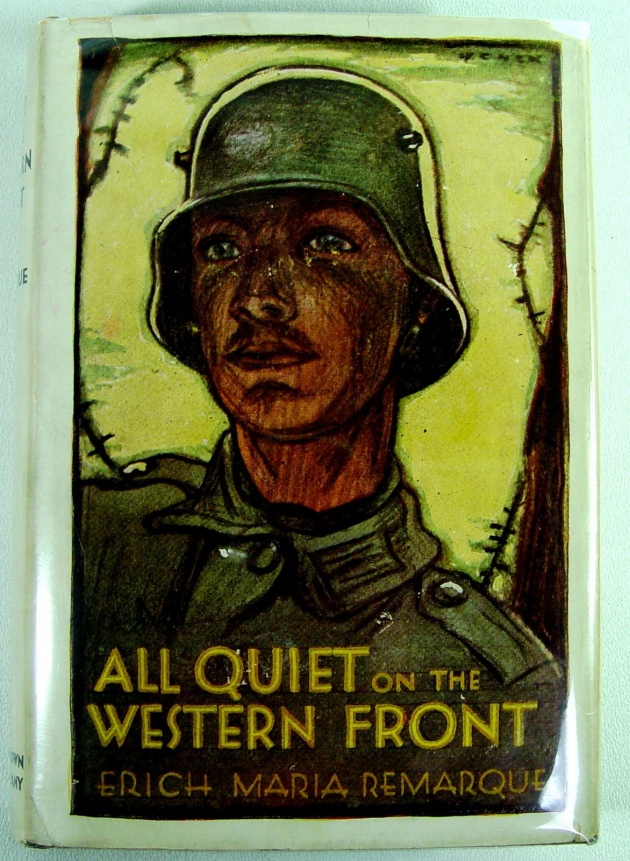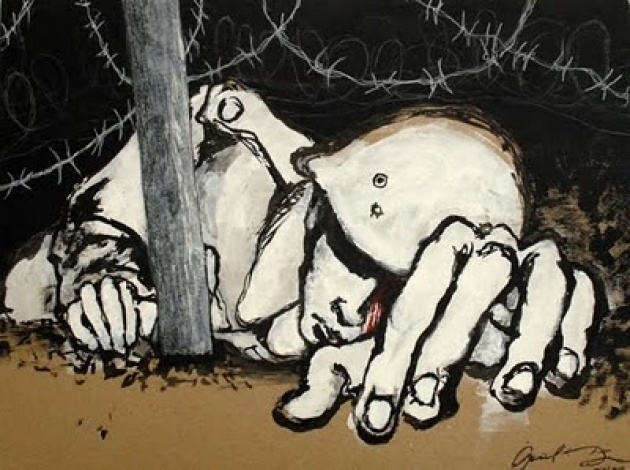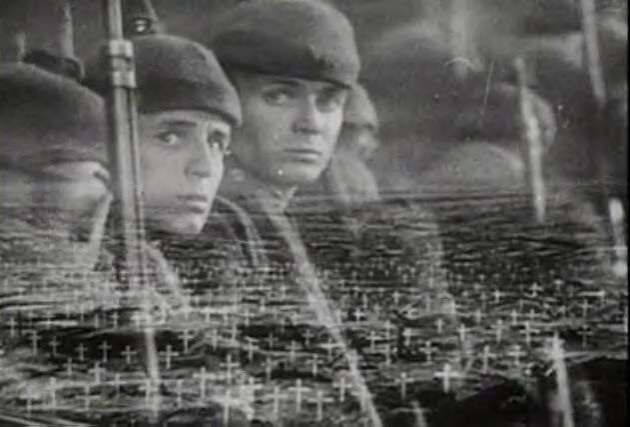All Quiet on the Western Front is a book about the experiences of a German soldier in World War I. Erich Maria Remarque, the author of this book, served as a soldier in World War I and experienced the bitterness and harshness of war. In 1929, Nazis banned All Quiet on the Western Front and burned it publicly in Germany (All Quiet on The Western Front). The Nazis were an extremely racist and fascist group that was in power in Germany for around a decade. There are three significant reasons that Nazis did not want Germans to read "All Quite on The Western Front". First, this book conveys a noticeable anti-war expression to the readers. Second, This book does not have a racist perspective about non-German people. Third, This book denies the national glory, love, and the illusion that Germans are the superior race in the world.

Remarque's narrative is very anti-war in some parts of All Quiet on the Western Front. Paul Bäumer is the main character in the book. Before Paul joins the army as a German soldier on Western front, he used to write poems and easily express his feelings. However, as he spends more time in army, he feels more isolated from society. He describes the war in chapter seven as a severe and bitter process, which turns people to vicious animals: "just as we turn into animals when we go up to the line . . . so we turn into wags and loafers when we are resting. . . . We want to live at any price; so we cannot burden ourselves with feelings which, though they may be ornamental enough in peacetime, would be out of place here." (Remarque 75) Many sentences can be found in this novel that boldly criticize war. In contrast, Nazis did not want Germans to receive anti-war massages from any book when Germany was in war and needed spirited soldiers. This book could easily destroy many people's passion about war.

Another reason that The Nazis banned All Quiet on the Western Front was because this book strongly declined the patriotic pride and glory that Nazis believed in. For example, in chapter nine, Paul kills a French soldier by accident. Afterwards, Paul feels guilty for killing the French soldier and thinks if it was not because of their uniforms and countries they could have been brothers. "But now, for the first time, I see you are a man like me... Forgive me Comrade; how could you be my enemy? If we throw away these rifles and uniforms you could be my brother..." (Remarque 121). This scene in chapter 9 makes it obvious that the author does not believe that Germans are the superior race. Instead, Remarque thinks that Germans should stop fighting and be united with other nations. This book alarmed Nazis because they were extremely fascist and this book could easily change many German's perspective about being the superior race.

Paul serves as a German soldier. However, he never feels he is the superior to the other races. Neither does he emphasize on nationalistic views. In contrast, he believes other nationalities are human beings like Germans and there is no reason to fight with other human beings. For example, in chapter nine, Paul is not prejudiced against Russians in the camp and even he shares some of his food with Russians. Russians were Germany's enemy in World War I. It is pretty intolerable for the Nazis to stand the expression Remarque had about other nationalities especially Russians.
All Quiet on the Western Front was a revolutionary book that not only was widely read in Europe, but also it is still a well-known book in America. Remarque's narrative is very dramatic and realistic that leaves an impression on many readers. However, the beliefs that Remarque reflected in All Quiet on the Western Front was not parallel with Nazis beliefs. As a result, this book was banned for many years in Germany. Years later, however, All Quiet on the Western Front was translated to many languages and widely read in the world.

The Work Cited:
Remarque, Erich Maria. All Quiet on The Western Front. London: Little, Brown and Company. iBook.
All Quiet on The Western Front. princeton.edu. Website. 8 Sept. 2013. http:// www.princeton.edu/~achaney/tmve/wiki100k/docs/All_Quiet_on_the_Western_Front.html



